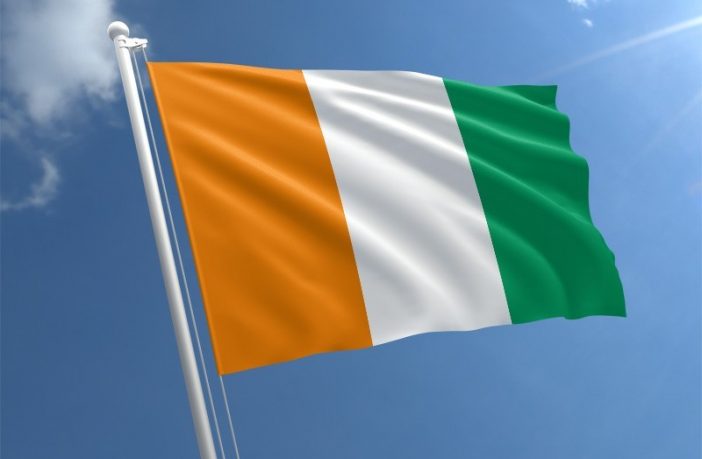- The 37.5 megawatt solar plant in the northern city of Boundiali will receive 27 million euros ($31 million) in funding from the KfW Public Investment Bank and 9.7 million Euros from the European Union.
- Current energy production in Ivory Coast is made up of 75 percent thermal energy and the balance from hydroelectric dams.
- Earlier this year it was announced that a subsidiary of Morocco’s Nova Power is to build a 25-MW solar plant in the northern city of Banguebogo.
German and the European Union will finance the first solar power station in Ivory Coast, Germany’s embassy in Abidjan confirmed yesterday, as the West African country attempts to boost its use of renewable energy.
The 37.5 Megawatt plant in the northern city of Boundiali will receive 27 million euros ($31 million) in funding from the KfW Public Investment Bank and 9.7 million Euros from the European Union, the embassy said in a statement.
Ivory Coast is West Africa’s leader in electricity production—75 percent of which comes from thermal energy and the remainder from hydroelectric dams. But authorities want renewables to make up an 11-percent share of national consumption by 2020.
That target might be ambitious, as the country has so far burned through barely one single megawatt of solar energy in 2018, according to the Ivorian Association of Renewable Energies.
The announcement comes weeks before Ivorian President Alassane Ouattara visits Germany on October 30 for the G20 Investment Summit.
Earlier this year in May, government spokesman Bruno Kone, announced that a subsidiary of Morocco’s Nova Power is to build a 25-MW solar plant in the north of the country. The US$40 million project will be built by Korhogo Solaire, a subsidiary of Nova Power. The plant will be built in Banguebogo, 570 km north of Abidjan, and will sell electricity to state-owned utility Compagnie Ivoirienne d’Electricite (CIE).
Author: Bryan Groenendaal















